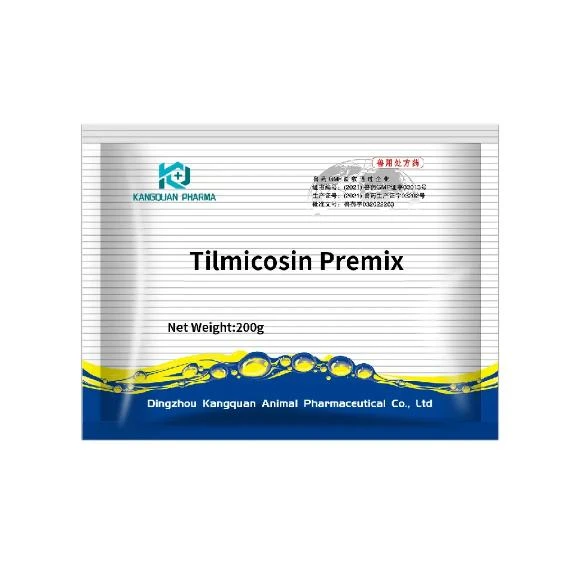- Afrikaans
- Albanian
- Amharic
- Arabic
- Armenian
- Azerbaijani
- Basque
- Belarusian
- Bengali
- Bosnian
- Bulgarian
- Catalan
- Cebuano
- Corsican
- Croatian
- Czech
- Danish
- Dutch
- English
- Esperanto
- Estonian
- Finnish
- French
- Frisian
- Galician
- Georgian
- German
- Greek
- Gujarati
- Haitian Creole
- hausa
- hawaiian
- Hebrew
- Hindi
- Miao
- Hungarian
- Icelandic
- igbo
- Indonesian
- irish
- Italian
- Japanese
- Javanese
- Kannada
- kazakh
- Khmer
- Rwandese
- Korean
- Kurdish
- Kyrgyz
- Lao
- Latin
- Latvian
- Lithuanian
- Luxembourgish
- Macedonian
- Malgashi
- Malay
- Malayalam
- Maltese
- Maori
- Marathi
- Mongolian
- Myanmar
- Nepali
- Norwegian
- Norwegian
- Occitan
- Pashto
- Persian
- Polish
- Portuguese
- Punjabi
- Romanian
- Russian
- Samoan
- Scottish Gaelic
- Serbian
- Sesotho
- Shona
- Sindhi
- Sinhala
- Slovak
- Slovenian
- Somali
- Spanish
- Sundanese
- Swahili
- Swedish
- Tagalog
- Tajik
- Tamil
- Tatar
- Telugu
- Thai
- Turkish
- Turkmen
- Ukrainian
- Urdu
- Uighur
- Uzbek
- Vietnamese
- Welsh
- Bantu
- Yiddish
- Yoruba
- Zulu
डिसेंबर . 21, 2024 01:34 Back to list
ivermectin injection for cattle and swine
Ivermectin Injection for Cattle and Swine A Comprehensive Overview
Ivermectin is a broad-spectrum antiparasitic agent that has become a cornerstone in veterinary medicine, particularly for livestock such as cattle and swine. It is widely used due to its effectiveness against a variety of internal and external parasites, including roundworms, lungworms, mites, and lice. Understanding the use, efficacy, and safety of ivermectin injection in cattle and swine is crucial for livestock producers seeking to maintain animal health and productivity.
Mechanism of Action
Ivermectin operates by binding to glutamate-gated chloride channels and other ion channels in the nervous system and muscle cells of parasites. This binding causes paralysis and death of the parasites, effectively controlling infections. The drug is particularly effective against a range of ectoparasites and endoparasites, making it a versatile choice for managing parasitic infestations in cattle and swine.
Indications
In cattle, ivermectin is primarily indicated for the treatment of various types of endoparasites, including gastrointestinal nematodes such as Ostertagia, Haemonchus, and Cooperia, as well as ectoparasites like lice and mites. Its use in swine is similarly broad, targeting roundworms, ascarids, and external parasites such as mange mites and lice. The convenience of administering ivermectin as an injection allows for more precise dosage control, especially in larger animals where oral treatments may be less effective due to issues like malabsorption or spitting out the medication.
Administration and Dosage
ivermectin injection for cattle and swine

Ivermectin injections for cattle and swine can be administered subcutaneously or intramuscularly, depending on the formulation and specific veterinary recommendations. It is vital to adhere to dosage guidelines established by veterinarians or provided in the product's label, as incorrect dosing can lead to reduced efficacy or potential toxicity. Typically, the dosage is calculated based on the animal’s weight, ensuring that each animal receives an appropriate amount of the drug for effective parasite control.
Efficacy
Numerous studies have demonstrated the efficacy of ivermectin in controlling parasitic populations in cattle and swine. In cattle, studies have shown significant reductions in fecal egg counts and improvements in overall health and productivity following treatment. In swine, ivermectin has proven effective in reducing the prevalence of parasites that can lead to poor weight gain, inefficiencies in feed conversion, and increased susceptibility to other diseases. Such results underline the importance of regular deworming schedules in livestock management practices.
Safety and Residue Management
Ivermectin is generally considered safe for use in cattle and swine when administered according to guidelines. However, it is critical to observe withdrawal times for meat and milk after treatment to avoid the risk of chemical residues in food products. The Food and Drug Administration (FDA) and the U.S. Department of Agriculture (USDA) provide specific withdrawal periods that must be adhered to, ensuring consumer safety and compliance with food safety regulations.
Conclusion
Ivermectin injection is an essential tool in the arsenal of livestock producers, offering an effective means of controlling parasitic infections in cattle and swine. Its ease of administration, combined with proven efficacy and safety when used appropriately, makes it an invaluable medication. However, it is crucial for producers to work closely with veterinarians to develop effective parasite control programs that include regular monitoring and timely treatments. As with any medication, responsible use of ivermectin not only benefits the animals but also supports the overall health and productivity of livestock operations, ultimately contributing to food security and animal welfare. By understanding the proper application of ivermectin and maintaining awareness of the latest research and guidelines, farmers can ensure they are providing the best care possible for their livestock.
-
Guide to Oxytetracycline Injection
NewsMar.27,2025
-
Guide to Colistin Sulphate
NewsMar.27,2025
-
Gentamicin Sulfate: Uses, Price, And Key Information
NewsMar.27,2025
-
Enrofloxacin Injection: Uses, Price, And Supplier Information
NewsMar.27,2025
-
Dexamethasone Sodium Phosphate Injection: Uses, Price, And Key Information
NewsMar.27,2025
-
Albendazole Tablet: Uses, Dosage, Cost, And Key Information
NewsMar.27,2025













